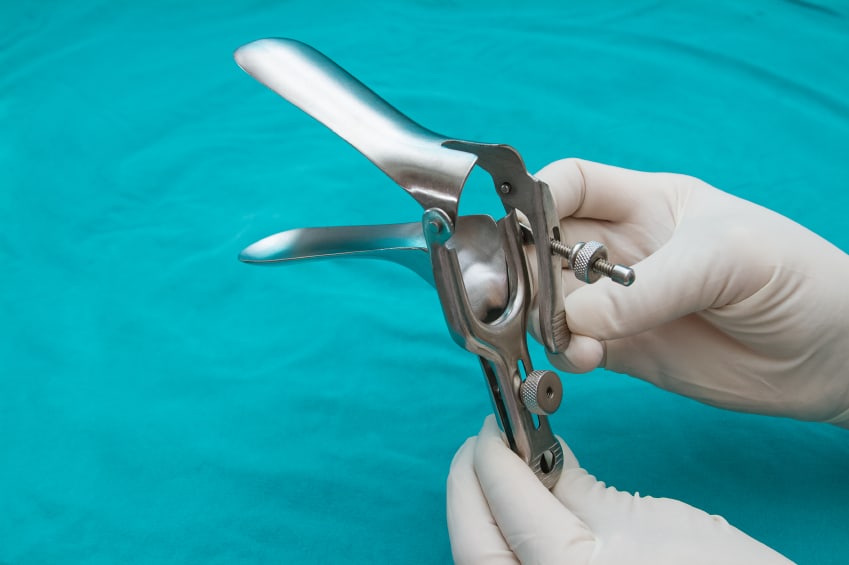Latest News
How Often Do You Need A Pap Smear?

How Often Do You Need A Pap Smear?
Not long ago, cervical cancer used to be the cause of cancer-related fatality in women. Nowadays, though, a Pap screening scan can detect cancer early on, giving you the best chance of fighting it. Your doctor obtains a tiny sample of your cervix cells and examines them for malignancy in a fast in-patient procedure. Unfortunately, because your susceptibility to cervical cancer fluctuates with age, health, and other circumstances, you may not be aware that you have your screenings as often as you should. Upper West Side Pap Smear specialist Dr. Karen Brodman and his expert staff can help you determine the timeline of your screenings; thus, ensuring you enjoy optimal OB/GYN care. Meanwhile, here is a quick rundown of how often you might want to consider getting a pap smear.
When To Arrange For Pap Smears?
Every woman’s medical care regimen should include Pap smears. Routine Pap screenings enhance the likelihood of detecting cancer early on when it is most curable.
Cervical cancer risk fluctuates according to your age and other variables. Likewise, the frequency with which you should have Pap smears changes as your health improves. Nonetheless, as a general rule of thumb, Dr. Brodman suggests the following:
v If You Are Between 21 And 30 Years Old
You should undergo your initial Pap smear at about 21 years old. After that, plan to have it at least once every three years until you reach 30. Most women opt to have their Pap smears and yearly pelvic exams simultaneously.
Talk to Dr. Brodman about blending your Pap smear with HPV testing. The human papillomavirus (HPV) is one of young adults’ most frequent sexually transmitted infections (STIs). It is usually self-healing, but some strains could progress to cervical cancer if they remain unaddressed.
v If You Are Between 30 And 65 Years Old
At about 30 years old, you can begin having pap smears every five years. Consult your doctor about blending the HPV test with a Pap smear if you are yet to.
Nonetheless, some women might require more frequent Pap smears. Cervical cancer is more likely to develop in people who have a compromised immune system, a history of smoking, or HIV infection. Besides, more frequent Pap smears act as a proactive healthcare strategy.
v After 65 years
You may not need to have Pap smears after 65 years. Dr. Brodman examines your previous Pap smear results to see if your cervical cancer risk is low enough to no longer require screenings.
v If You Have Had A Hysterectomy
Hysterectomy is a surgical procedure to remove the uterus. Sometimes, specialists eliminate other components of the female reproductive system. You do not need to have Pap smears if your cervix was eliminated during your hysterectomy because there is no risk of cervical cancer. If you undergo a hysterectomy but still retain a cervix, you must obtain Pap smears to check for cervical cancer.
Each woman’s care needs are different. For this reason, the highly skilled staff at the private practice of Karen F. Brodman, MD, adopt a tailored approach to obstetric and gynecologic care. After factoring in your health history, existing condition, and test results, your doctor can establish how regularly you require Pap smears. Arrange for your upcoming Pap Smear by calling the Upper West Side, NY office or request an appointment online today.
Sebastian was born and raised in the busy city of Abbottabad. As a journalist, Saad Mushtaq has contributed to many online publications including the PAK Today and the Huffing Post. In regards to academics, Saad Mushtaq earned a degree in business from the Abbottabad UST, Havelian. Saad Mushtaq follows the money and covers all aspects of emerging tech here at The Hear Up.Thanks










